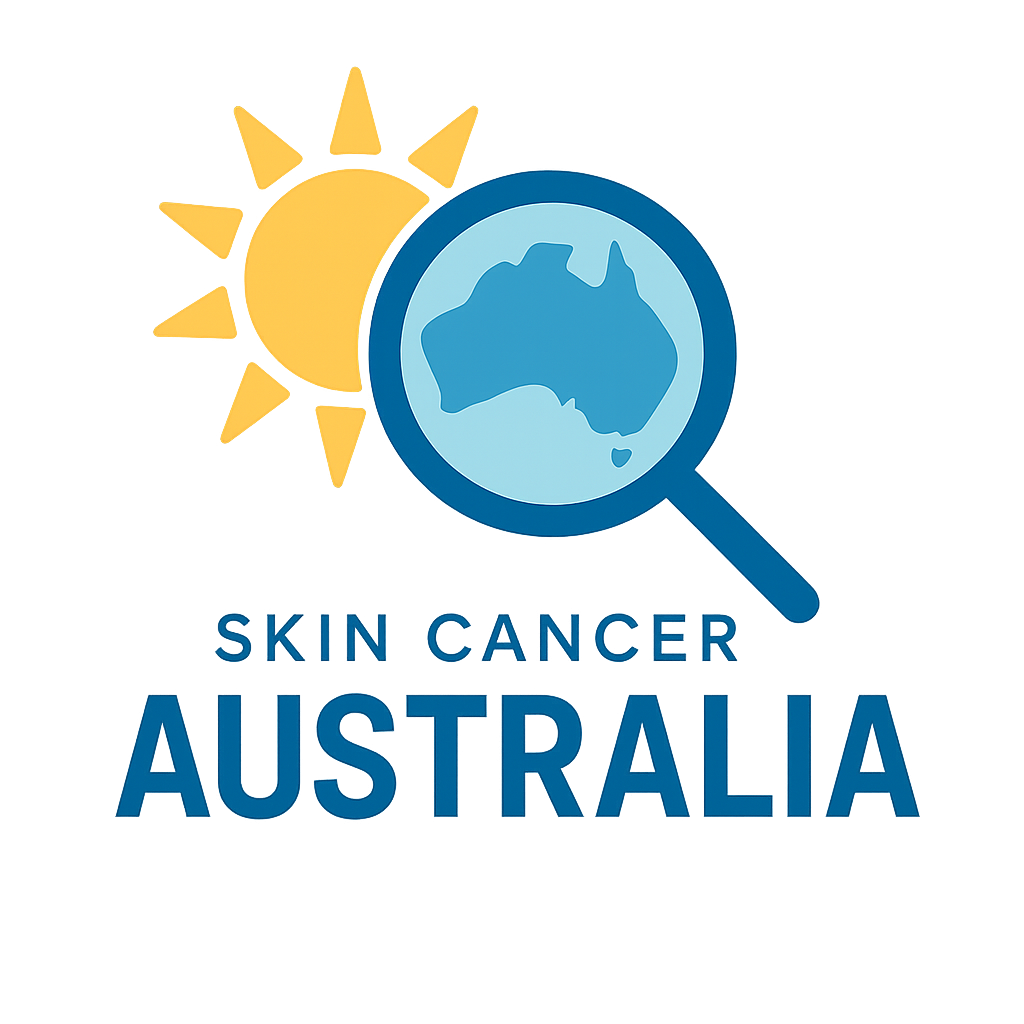Do I Really Need a Skin Check? What the Latest Guidelines Say—and What You Should Know.
Australia has the highest rate of skin cancer in the world. We’re no strangers to the slip, slop, slap message—but confusion remains about skin checks. Who really needs one? How often? And are skin cancer screenings even effective?
Let’s break down the latest expert recommendations, what they mean for you, and how to protect your skin without unnecessary worry or procedures.
Skin Checks Are Not for Everyone
If you’re at average or below-average risk of developing melanoma or keratinocyte cancers, routine skin cancer screening isn’t recommended. That’s right—no need to book yearly full-body exams if you don’t have key risk factors.
Why? Because regular skin checks in low-risk groups haven’t been shown to significantly reduce skin cancer deaths. Over-checking also increases the number of unnecessary biopsies and excisions of benign moles, leading to anxiety, scarring, and cost.
But Some People Should Be Checked Regularly
If you’re in a high-risk group, regular checks could be life-saving. Here’s the breakdown:
✅ High Risk (At least yearly skin checks)
You fall into this category if you have:
-
A personal history of skin cancer
-
A family history of melanoma
-
Over 100 moles (especially if 10+ are atypical)
-
Fair skin and age over 45
-
Frequent past sunburns or solar keratoses
✅ Very High Risk (Six-monthly checks + imaging)
You’ll benefit from:
-
Six-monthly full skin exams
-
Dermoscopy
-
Total body photography You and your partner or carer should be trained to recognise suspicious spots.
⚠️ Above-Average Risk (Opportunistic checks)
Think of this as a “check when there’s a chance” approach. Your GP might offer a skin check while you’re in for something else, no more than once a year.
What About Everyone Else?
Whether you’re low risk or high risk, one thing doesn’t change:
🔸 Know your own skin
🔸 Look out for new or changing moles or spots
🔸 Get suspicious lesions checked by a doctor
Everyone should be educated about the early signs of skin cancer. If a spot seems odd, don’t wait. Just get it looked at.
Prevention Is Still the Best Strategy
The number one cause of skin cancer is UV radiation. And while Australia’s sun is strong, being SunSmart is simple.
Here’s what all of us—kids, teens, adults—should be doing:
☀️ Wear broad-brimmed hats
🧴 Apply sunscreen to your face, neck, arms, and hands every morning
😎 Wear sunglasses and protective clothing
🌳 Seek shade during peak UV times
🔁 Reapply sunscreen after swimming or sweating
⛔ Avoid sunburn—especially blistering burns
🚫 Say no to tanning beds and sunlamps
Did you know that multiple episodes of sunburn, especially blistering ones, significantly raise your risk of melanoma?
What Happens at a Skin Check?
A skin check is a head-to-toe examination of your skin. If you’re high-risk or have lots of moles, your doctor may use:
-
Dermoscopy (a special magnifying tool)
-
Total body photography (to track changes over time)
In skilled hands, these tools can help catch skin cancers early. But they’re only as good as the experience behind them—so always see a trained professional, such as those at a skin cancer clinic in Melbourne.
Why So Many People Still Get Skin Checks?
Despite the recommendations, many Australians still opt for regular checks—even if they’re not high-risk. Why?
🔹 Peace of mind
🔹 Prior scares or family history
🔹 High sun exposure
🔹 Skin anxiety
And that’s okay—especially if you’re getting checks from a trusted provider who doesn’t over-treat.
If you choose to get a skin cancer check, look for a clinic that:
-
Doesn’t push unnecessary mole removals
-
Offers non-surgical mole removal in Melbourne when appropriate
-
Can provide sun spot removal or warts removal only when needed
-
Gives honest, evidence-based advice
The Bottom Line
-
Skin checks aren’t for everyone—but they’re essential for some.
-
Prevention beats treatment: Be sun smart, check your own skin, and don’t ignore changes.
-
Know your risk level—talk to your GP or visit a skin cancer clinic for advice tailored to you.
If you’re unsure, get an assessment from a skin cancer clinic in Melbourne. They can help you work out your risk level and what (if any) follow-up is needed.
Need expert advice? Book your skin cancer check at a trusted skin cancer clinic in Melbourne, offering personalised care, mole removal Melbourne, and support for all your skin health needs.
References
-
RACGP Guidelines for Preventive Activities in General Practice (2024)
-
Sinclair R. Skin Checks. Australian Family Physician. July 2012.
-
Cancer Council Australia
-
Australian Government Department of Health and Ageing
-
SCREEN Project – Northern Germany Study on Skin Cancer Screening
